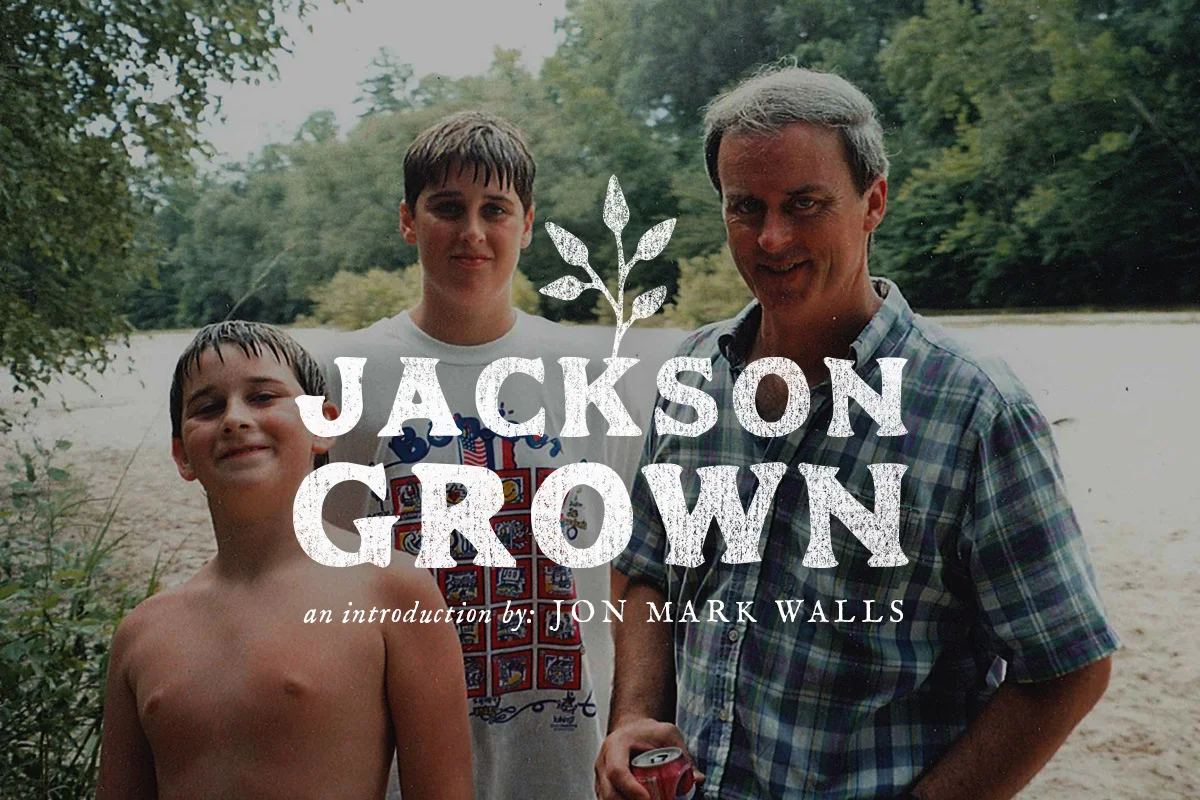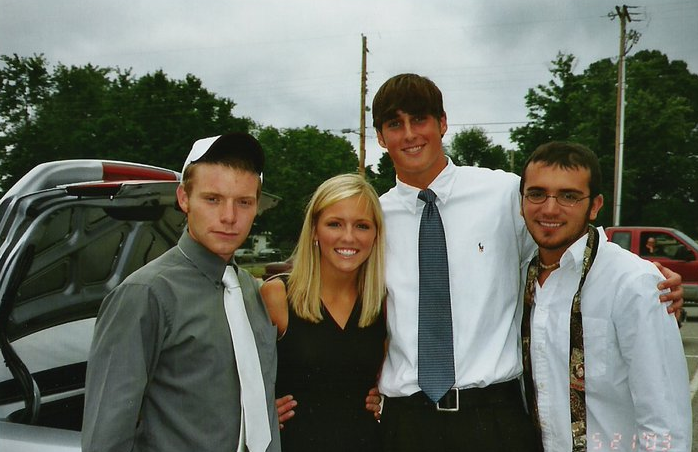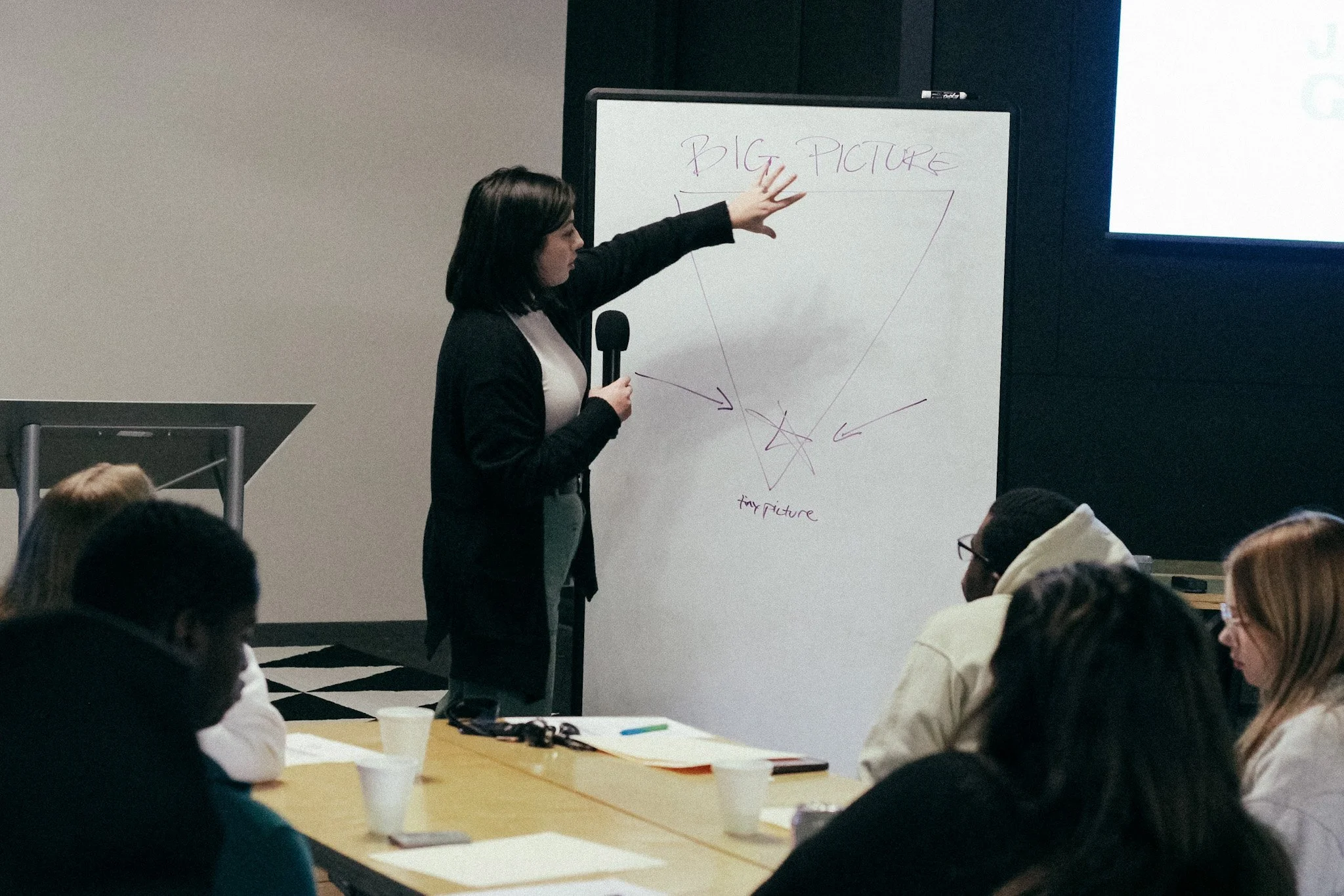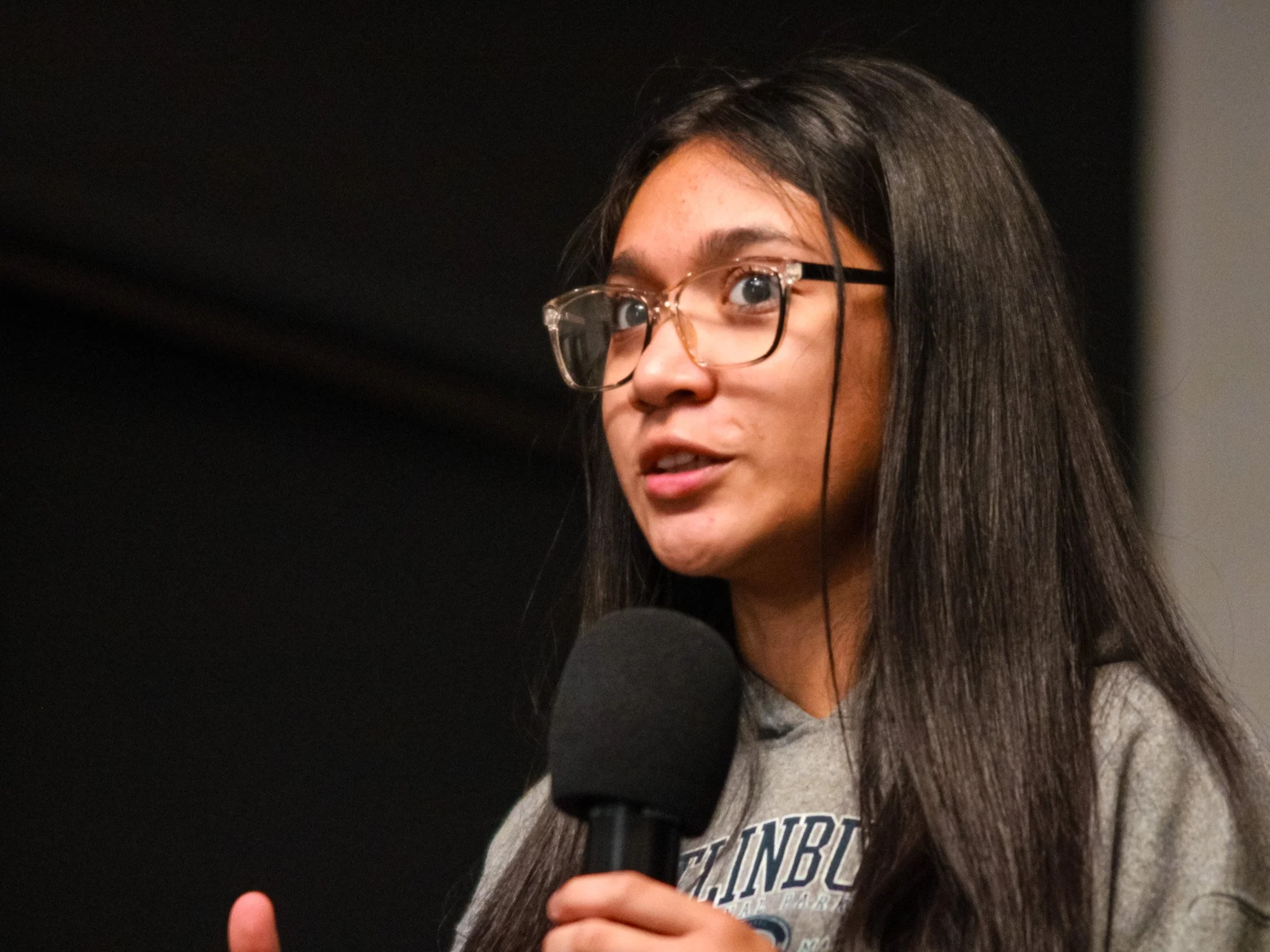
Jon Mark Walls
Writer
A native of Jackson, Jon Mark Walls is a social entrepreneur, lecturer, and speechwriter who is driven by the idea that better communication can lead to better politics. Having worked for the United Nations as well as various governments and NGOs, he co-founded GovFaces which aimed to improve interactive communication between citizens and representatives. Based in Geneva, Switzerland, Jon Mark has sought to blend traditional communications approaches with new technologies and develop ways of delivering ideas across all levels of society.
Check out Jon Mark's latest contributions to Our Jackson Home:
August 1966 was a complicated time in the United States. Across the American landscape, leaders emerged, convictions solidified and movements progressed around highly-charged civil rights issues such as voting, education, and worker rights. It was also host to a range of less visible currents that touched the lives of African Americans. Frances, the daughter of West Tennessee sharecroppers and devoted parents, grew up in this time of tectonic social and political shifts.
2018 has been a year to remember, and much of that is thanks to our talented contributors who have poured themselves into telling the stories of Jackson in such a compelling way that they become part of our lives. With that, we are proud to share this year's top ten stories from our blog, encouraging you to read any you missed and to high-five the writers, photographers, and subjects featured.
The year was 1984, and a young student from a remote region in the heart of Africa walked out of a small Jesuit mission in what is today the Democratic Republic of the Congo. Makim Mputubwele was leaving a torn country to study applied linguistics in the sprawling, peaceful landscapes of Indiana.
It is one of the most tense places in the world. A tightly packed geographic meeting of three major religions and a nervous geopolitical flashpoint, the area sits within the inner circle of major foreign policy decisions for most countries. Needless to say, the Old City of Jerusalem does not regularly serve as an exhibition stage for fringe outdoor sports. On May 2, 2016, however, visitors to the Tower of David on the western edge of the Old City saw something unique.
There is a little Italian café in Geneva, Switzerland, that sits just across the street from the headquarters of the United Nations High Commissioner for Refugees. I found myself there one rainy morning in February hunched over coffee with a colleague. We ran through the updates of the people around us who were doing their best to keep their flags flying in the midst of deep decreases in global budgets and broad increases in needs for life-saving work in areas such as human rights and global health.
In Norway it gets dark early. As we left for the arena around 4:00 P.M., the hazy glow of the daytime winter sky in Oslo had faded. I was on the bus headed to a concert honoring one of our own. Daniel was a member of our little band of misfits living in Geneva, Switzerland, who worked in and around the United Nations on issues ranging from poverty, hunger, and demining to human rights, health, and humanitarian relief. By all measurements, Daniel had “made it.”
In his essay collection Heretics, G.K. Chesterton extols, “Once men sang around a table together in chorus. Now one man sings alone, for the absurd reason he can sing better.” In other words, as our scientific age has grown in competency and achievement we have become isolated from the rootedness which gave rise to our confidence in the first place—experts in everything but being human. Can there be any question this is more true today than when Chesterton wrote almost a century ago?
There is a very special place in my heart for the schools in Jackson, Tennessee. From elementary school at Andrew Jackson to middle school at Tigrett and high school and college at Jackson Central-Merry and Union University, I am fully a product of the Jackson-Madison County public school system and West Tennessee higher education.
Instead of anger or jaded complaints about a challenge they might encounter, the Fellows are encouraged to ask “why”. And then, ask why again and again and again. With these deeper questions, perhaps comes deeper understanding. And, maybe, with this understanding we may see more resilient solutions.
Thinking more deeply about big things or more broadly about small things very often requires interaction with good, diverse and patient people who are willing to listen, able to push and motivated to sacrifice towards contributing to a bigger vision of what world should look like.
Perhaps it is here, we see what separates people from having a passive interest in something to being an active, inspired participant in that space, whatever that participation looks like. Determination is not easy. It is messy. It hurts. It is not comfortable.











